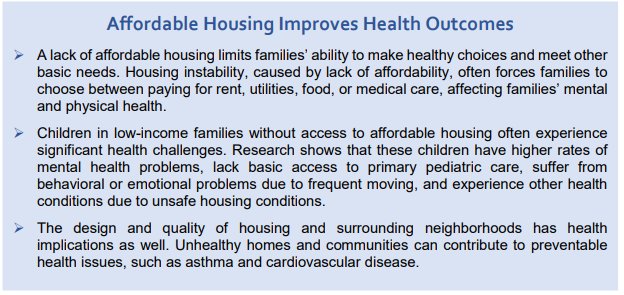The bigger problem is that the algorithms inherently rely on the traditional market to get their prices. If they drive the market out of business, that data goes away.
To be clear, I think there's some market for this, with low-information buyers who tend to be hyperbolic discounters. Those with whom the "we buy homes for CASH!!!" flippers trade.







